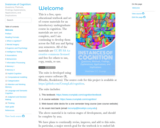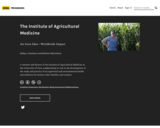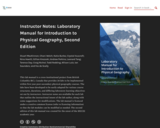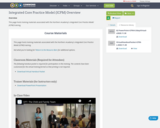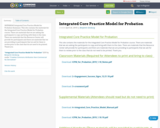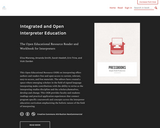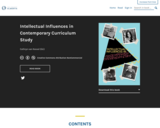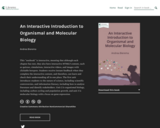Short Description:
This "textbook" is interactive, meaning that although each chapter has text, they also have interactive HTML5 content, such as quizzes, simulations, interactive videos, and images with clickable hotspots. Students receive instant feedback when they complete the interactive content, and therefore, can learn and check their understanding all in one place. The first unit introduces students to the nature of science, including scientific controversies, and information literacy, including how to analyze literature and identify stakeholders. Unit 2 is organismal biology, including carbon cycling and population growth, and unit 3 is molecular biology with a focus on gene expression.
Long Description:
This “textbook” is interactive, meaning that although each chapter has text, they also have interactive HTML5 content, such as quizzes, simulations, interactive videos, and images with clickable hotspots. Students receive instant feedback when they complete the interactive content, and therefore, can learn and check their understanding all in one place. I still consider this textbook to be fairly text-heavy and will continue to make it even more interactive content!
The image on the cover represents the creation of this book. I pulled most of the content from open resources, modified them, added questions, and now offer them for you to use!
I chose the content to align with two courses that I teach: environmental and organismal applications and biomedical applications. Unit 1 introduces students to science, which both courses use. Unit 2 covers content necessary for understanding conservation implications (the underlying theme of the course is de-extinction), and Unit 3 focuses on proteins so that students can understand the implications of modifying DNA (the underlying theme is CRISPR).
Please use this book as you see fit for your classes. I look forward to hearing how to make this book even more useful in the future!
Word Count: 27692
ISBN: 978-1-62610-106-7
(Note: This resource's metadata has been created automatically by reformatting and/or combining the information that the author initially provided as part of a bulk import process.)


